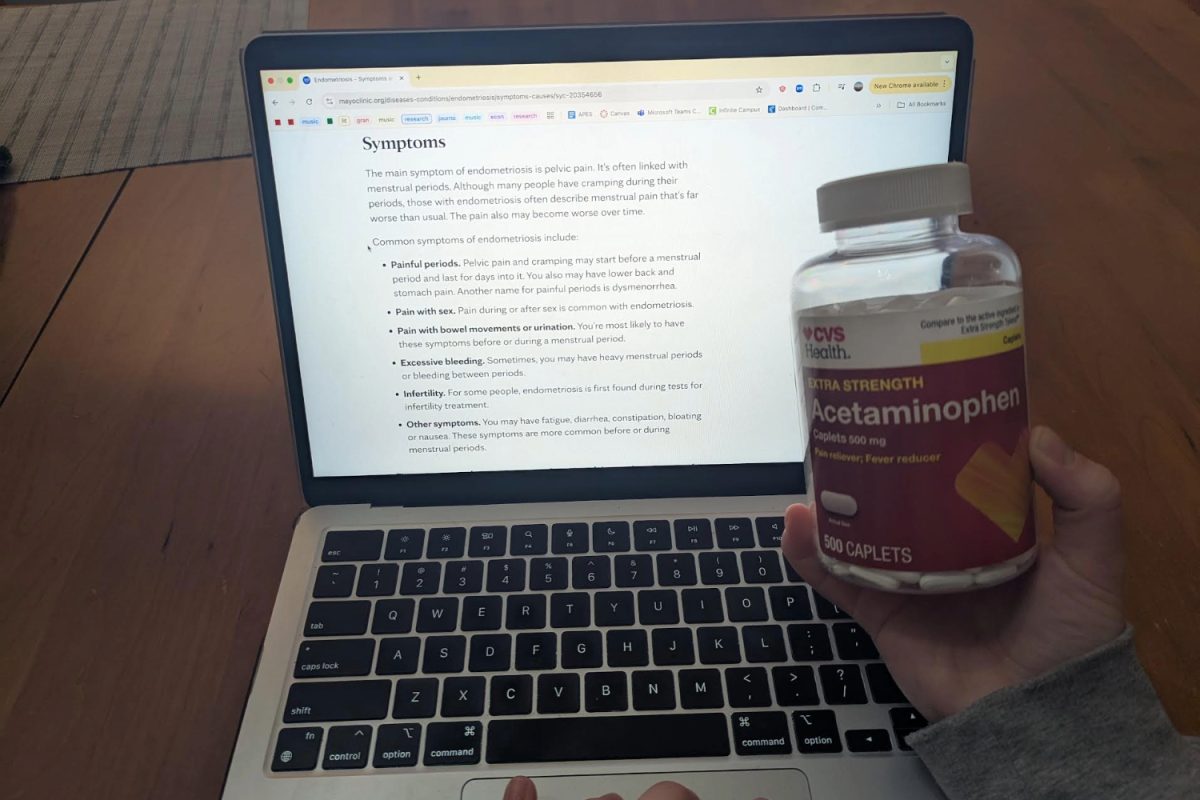
I thought I had my college plan mapped out.
I would research schools, study for my tests, write my essays, and then hit submit. It wasn’t until the second semester of my junior year when I realized that I had more questions than I did answers for the entire process.
The biggest one was how to approach a letter of recommendation.
As application season is in full-swing for the class of 2020, seniors may know the answers to the following questions. However, many others who are just starting the process may be unaware about how to approach it.
I call it the “5W’s” of letters of recommendation:
- Who do I ask?
- Why do I ask them?
- When do I ask?
- How many do I ask?
- What do I say?
- Where do they submit or ask?
As you begin the process, the initial step is deciding who you would like to be your recommenders, so let’s tackle the “Who” and “Why” sections first.
Who (do I ask)?
There seem to be two opinions regarding who people should ask to write their letters: “pick people who know you well” or “pick people who appeal to your major.” I say, find a happy medium. If you are able to have more than one teacher give you a letter of recommendation, (see the “how many” section) choose one teacher who knows you well, and another teacher who is linked to your intended field of study. If you are only able to submit one letter, opt for the teacher that knows you best.
This brings me to next question.
Why (do I ask this person)?
Letters of recommendation give schools a more complete picture of who you are as a student. This means that you should be choosing teachers who know you well. Teachers who you’ve had for multiple years, who you spend the most time with, or who have made a massive impact on your high school career are the best options. If possible, the teachers you choose should be able to speak to your future aspirations in college and beyond.
How (many people do I ask)?
Each school has a different policy regarding letters of recommendation. Most schools may require one or two letters and offer optional additional letters, which may come from other teachers, bosses, coaches, etc. The most important thing to be aware of is how many letters your school of choice wants you to submit.
After that, it’s a matter of putting your best foot forward. If you are only granted one letter, pick the person who will write you the best letter – it doesn’t matter if they relate to your intended field of study. If you are granted more than one letter, try and diversify the perspectives a bit more.
Now that you know how many letters you need and who you want to write to them, now comes the actual asking part. This can be intimidating, nerve-wracking, and frankly, awkward. But it doesn’t need to be stressful.
What (do I say)?
The people who are writing you a letter don’t directly get anything out of it, so it may seem difficult to ask them for a very important favor. If you pose the question the right way, however, the process is far less awkward.
You can ask them either in person or via email, and based on where you decide to ask them, you might phrase your question a bit differently. Highlight your experience with the teacher and mention how they have gotten to know you as a student over the course of your time in their class. Do not directly ask for a letter, but ask about their policies surrounding letters.
Offer to meet in person to further discuss any questions they may have, and be sure to thank them (in person).
Once the letters are sent, write a thank you note to your recommenders.
When (do I ask)?
There’s no right answer to this question and there are pros and cons to when you decide to ask. Most likely, you are going to ask a teacher from your freshman, sophomore, or junior year, as they will have gotten to know you for a longer time than any of your teachers from senior year.
As a general rule, I recommend that you ask for a letter as early as possible. Here’s why: teachers are not required to write letters of recommendation and often set quotas for how many they are willing to write. These caps vary by teacher and are often not announced, meaning that you might not get a letter from a certain teacher if you ask them too late. If you ask by the end of Spring Break of your junior year, you should be fine.
That being said, you may get a teacher senior year who you really click with and who would ultimately paint a better picture of you to a college. If this is the case, keep in mind that you may have already asked teachers earlier and are (again) forced to decide which letter goes to which school.
Luckily, through Naviance, the service Carlmont uses for all things college-related, students can decide where their letters go.
Where (does my letter get submitted)?
Like I said above, Carlmont uses Naviance to submit all college application materials. Through Naviance, you are able to formally request letters of recommendation. Teachers will also submit the letters through Naviance. At the very beginning of your senior year, the College and Career Center will go over how to use the site.
Keep in mind that you should ask teachers about writing you a letter before you request them on Naviance.
And there you have it, a step-by-step manual to the letter of recommendation process. If you are to take away anything from this, it is to make sure that you ask teachers who know you best. Good luck!











